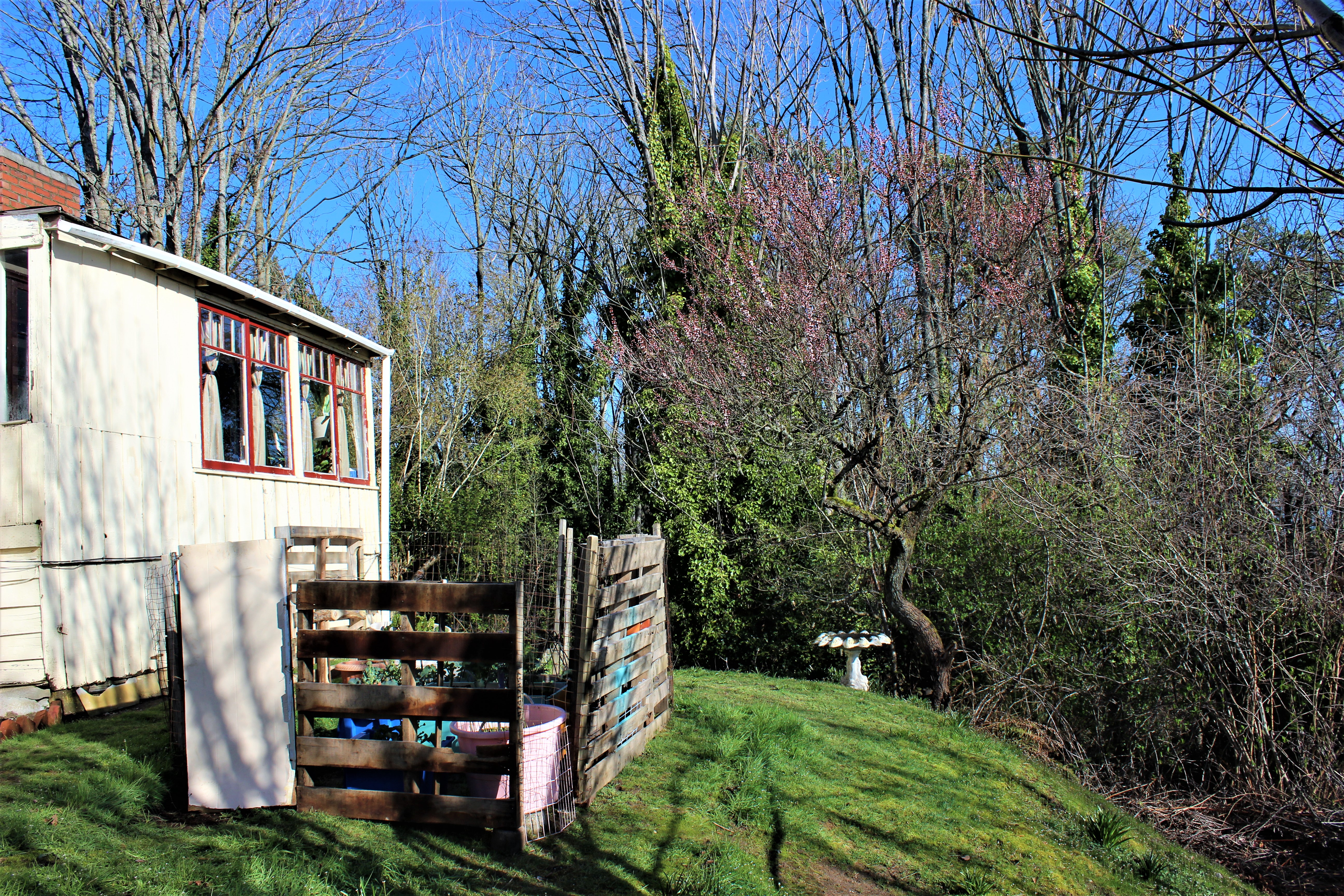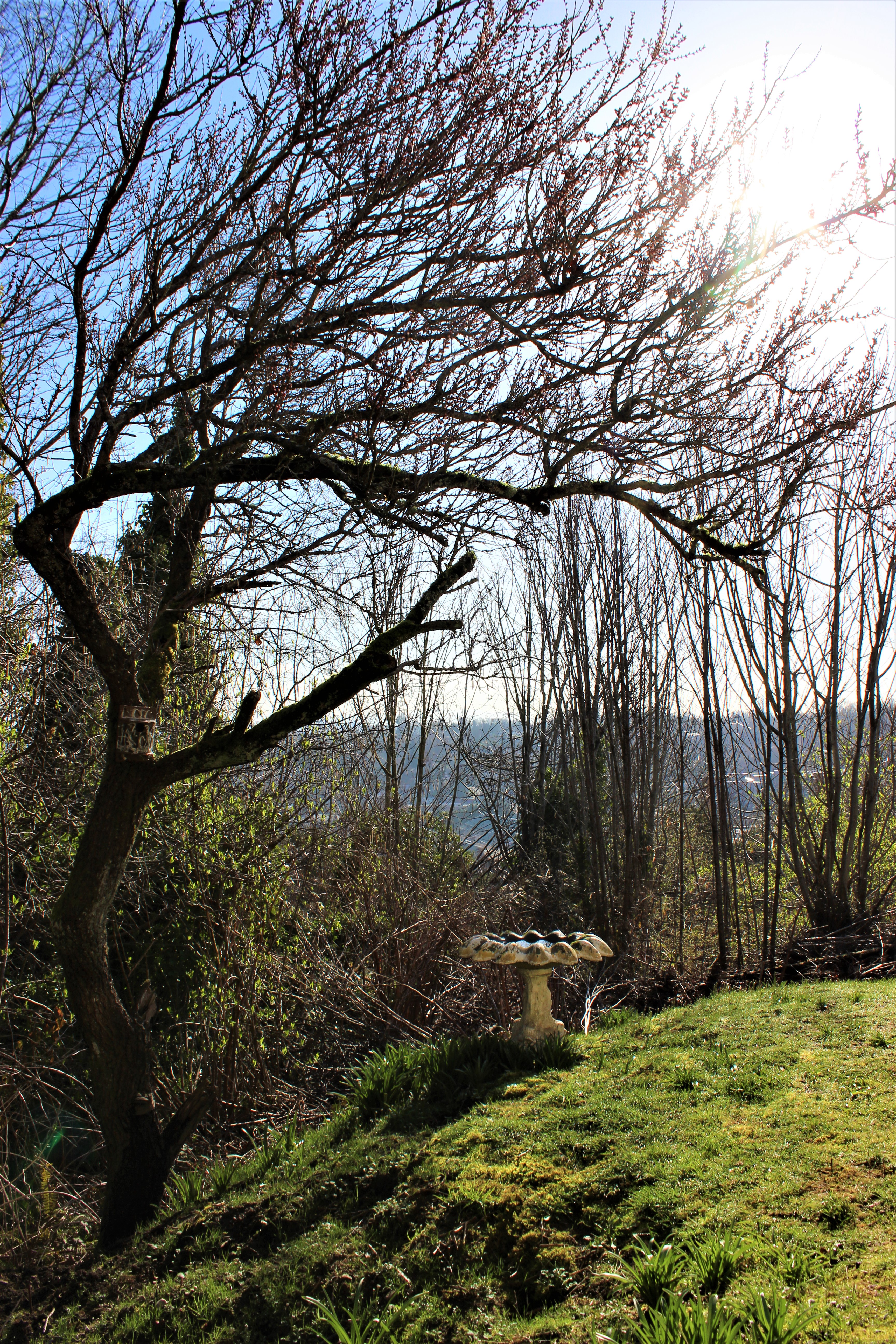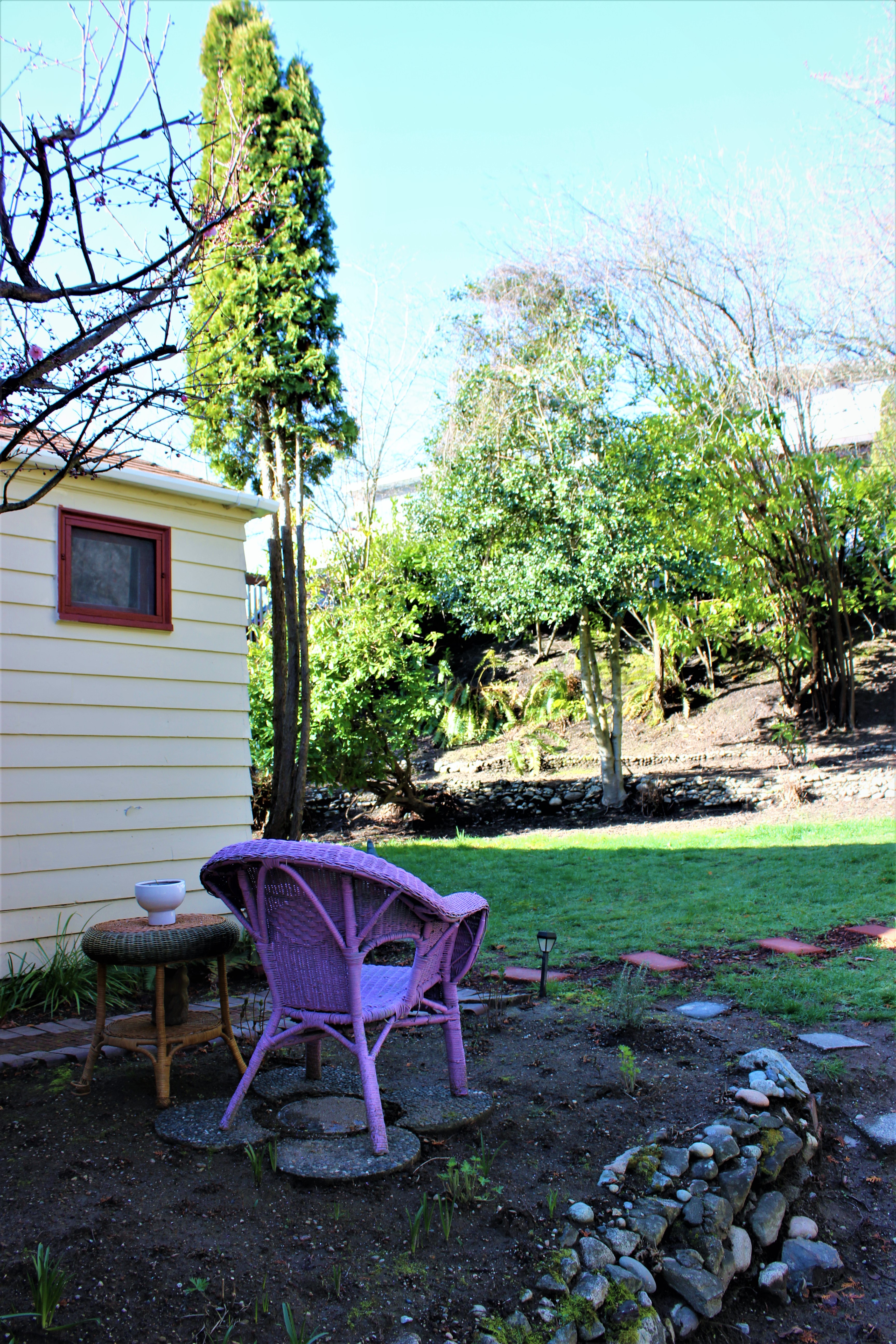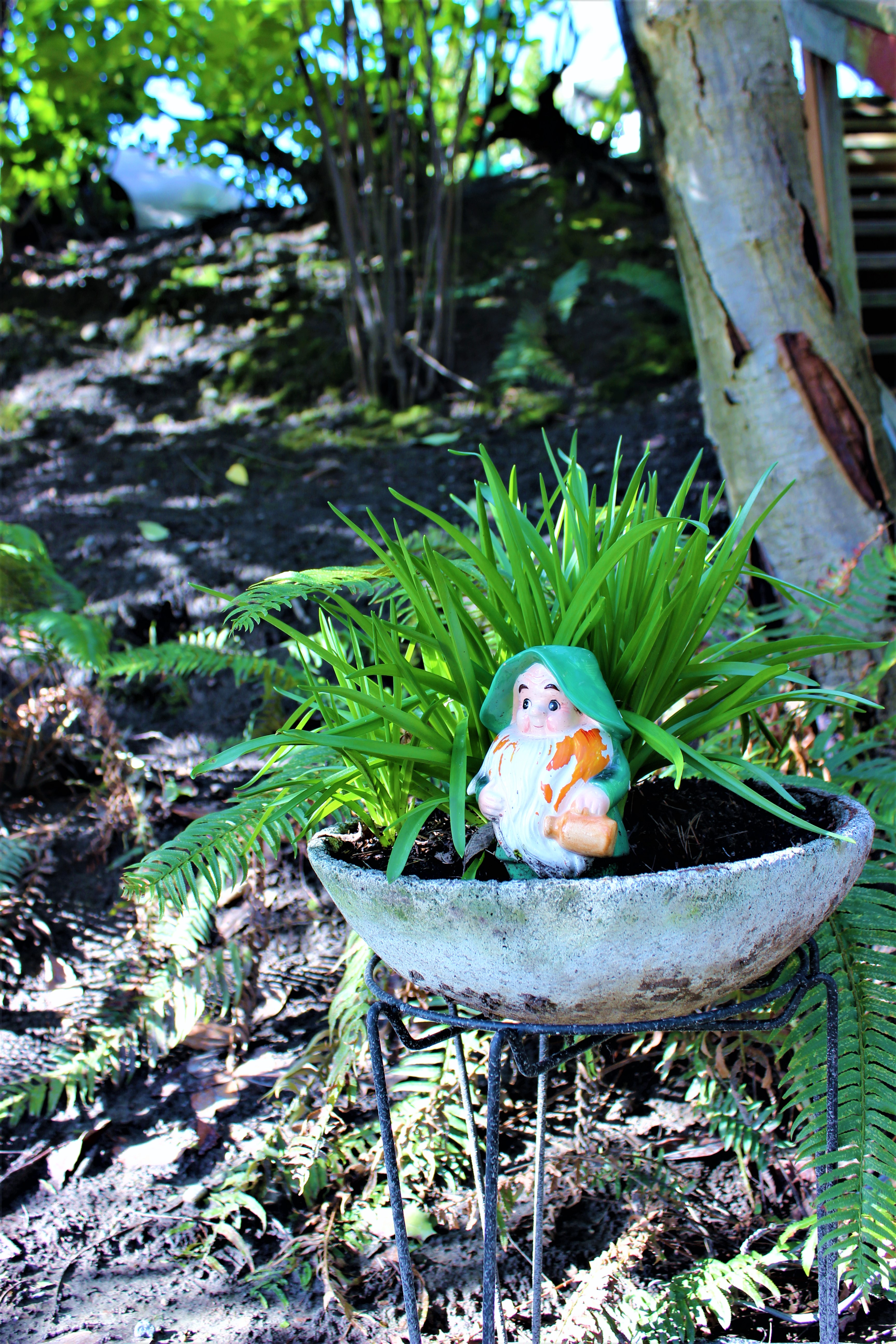White people, we have a problem. And it’s not a new problem that’s come with this blight of a presidency. It’s always been rippling beneath the surface of our country—many of us have just been privileged enough to ignore it.
Not anymore.
So, fellow white folks, we need to do something about white supremacy. Because—and I never thought I’d quote an ex-skinhead (see Life After Hate below)—”White people created this problem and it’s our job to fix it.”
I’m no expert—just an average cisgender gay white guy in Seattle trying to rail against white supremacy and white patriarchy (and yes, I still fuck up plenty).
Here’re some suggestions for white folks:
If you barely make ends meet like me and have no extra money to donate, try:
- Volunteering with an area organization that lifts up POC leaders and youth of color (in Seattle, check out Rainier Valley Corps or Young Women Empowered), or organizations that combat white extremism (like, say, Life After Hate).
AND/OR
- Taking time to march, wheel, or virtually march with POC-led organizations, Solidarity Against Hate marches, or counter-protests to various white extremist rallies.
AND/OR
- Participating in free workgroups or meetings to educate yourself about/better understand:
- White privilege and white fragility (If you’re white, you have privilege. Period.).
- Equity versus equality
- Intersectionality
- Microaggresions
- Power and power-sharing
- Mass incarceration/the prison complex
AND ALWAYS
- Shutting up and listening. Don’t take up space when people of color are talking. Listen. Learn. Repeat.
- Calling out racist shit and being prepared to be a buffer, especially if a person of color is being harassed in public. And then calling the police.
- Recognizing that racism lies at the heart of all of the other -isms. Center racism and race in talks about gendered violence and bias. Trans* women of color are harassed, assaulted, and murdered at a higher rate than any member of the LGBTQ+ community. Women of color are harassed, assaulted, and murdered at a higher rate than white women. Men of color are harassed, assaulted, and murdered at a higher rate than white men.
- Voting…in LOCAL and NATIONAL elections. Help unseat career politicians who serve the (exceedingly white) one percent to the detriment and continued disenfranchisement of people of color, people with disabilities, LGBTQ+ people, and women.
If you have money left at the end of the month, start:
- Doing all the things above.
AND
- Becoming a recurring donor to POC-led organizations, and organizations working to combat hate—especially small community organizations. (Seriously, you’ll make some Development/Fundraising staffer’s day—recurring donations help small nonprofits more than you know.)
AND
- Talking to your affluent friends about race. Don’t let your wealth or your friends’ wealth insulate you/them from these systemic problems. Get them involved in organizations you’re passionate about. And if you have oodles of money, pool some of your resources for multi-year grants for organizations like those I mentioned above, and others fighting against hate and for civil rights.
AND
- Unpacking “gentrification,” and how it often displaces people of color and other marginalized community members. Educate yourself about how to combat gentrification. (And please stop acting like you’re some sort of pioneer. I guarantee most folks in your neighborhood already don’t like you and give you side-eye all the damn time. So you should probably start doing something worthwhile to build community and counter your gentrifying effects.)
AND…
…plenty of other things.
***
The point is this: Each and every single one of you white people can do something. Don’t give in to fear or apathy, and for the love of the mother goddesses, do not check out, thinking this will “blow over.” Silence is complicity.
Acknowledge that you’re going to say some stupid shit and embarrass yourself. But get over it, apologize, and learn some more. We don’t have time for pity parties. We only have time for action and for building momentum. Are you tired yet? You should be. You will be. Because you will always be learning. But an educated resistance is a stronger resistance.
So, white people, it’s past time for us to do something. Get up. Speak out. Educate yourself.
Be one more body of resistance against white supremacy.




